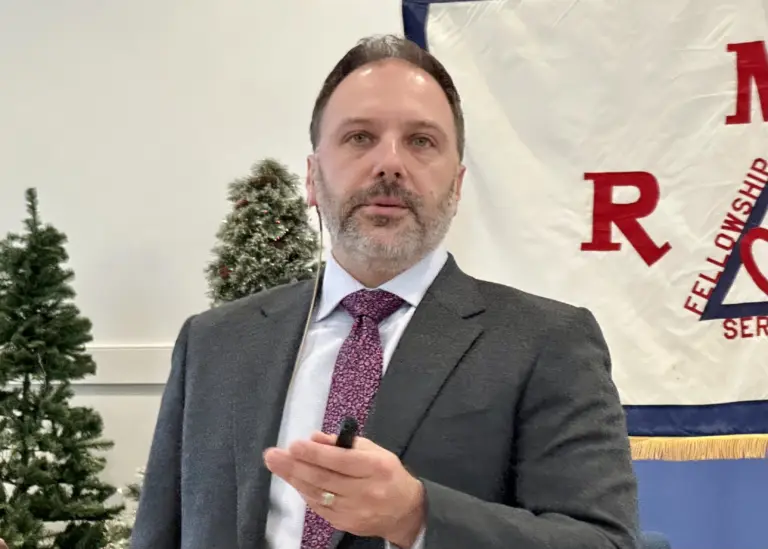By Alicia Tang
Earlier this year Sergeant Brent Reeves of the Greenwich Police Department began receiving an abnormal influx of juvenile delinquency reports. He knew something was off. Reeves would soon discover – mental health issues were behind the spike.
Each case is evaluated holistically, says Reeves explaining the multifaceted approach, after the troubled minor is referred to the Juvenile Review Board, “the youth service coordinator will conduct surveys of the child from the child’s perspective and also from the parent’s perspective. We’ll look at the grades, we’ll look at the attendance, if the student is becoming school-avoidant for some reason.”
“Then what we try to identify are spikes in the behaviors – what was the trigger that caused the student to behave in a particular way that brought their attention to the police?” Reeves would ask.
The police department gets a glimpse at the wellbeing of children through two measures.
“One is through delinquent behavior that is reported to the police… the other way is through threat and risk assessments done at the school level,” says Reeves. These threat and risk assessments are conducted upon the observation of a red flag either in form of a disturbing comment or behavior.
“We would normally have, district-wide, maybe a dozen a month,” Reeves continues. In recent months, the number of assessments have been fluctuating between 20 and 30.
Another trend that may project mental health issues, according to Reeves, is violence.
In the threat and risk evaluations, Reeves noticed that “more kids are saying things like if you do that again, I’m going to kill you,” and that threats of violence heavily outnumbered their actual execution.
Reeves believes that the pandemic is a key culprit in the mental crises of today’s youth. “Children were locked to a screen all day, and that really does not enable healthy growth of an adolescent – a lot of their development has been arrested over the last couple of years because of the lockdown,” he explains.
Reeves thinks that the antidote to this troubling behavior is positive, in-person social interaction.
The programs that he and his team at the Special Victims Unit are spearheading are meant to provide teenagers the tools needed to cope with stressful and inconvenient life situations. They are currently in the process of coordinating a youth summit this summer with local stakeholders such as the YWCA, the United Way, the Junior United Way, the Youth Services Coordinator, Parks and Rec, the Junior League, and the Boys and Girls Club to schedule various evening activities including dances and musical performances throughout the summer.
With these activities, Reeves hopes to “get the kids to come together in a positive way and engage in prosocial activities that can be supervised.” School Resource Officers (SROs) will be in attendance for additional support at these events.
However, according to Reeves, the problem is not one that can be solved by the police department alone. In his words, “it takes a village.”
“In-person schooling is so important, and I can’t overstate this; children need to be in school because it’s more than just learning how to read, write, math, and science; they need to learn how to interact in a positive way with other people,” emphasized Reeves.
On the part of parents, vigilance is key – “be less a friend and more a parent,” he advises.
“It is very, very important that parents make a very clear distinction to children what is a real friend and what is somebody you associate with on the internet,” stresses Reeves.
While some may see these measures as drastic, Reeves contends, “this isn’t about terrorism, this is about mental health, and we need to be just as vigilant with the identification of mental health crises as we are with some other dangers.”
Reeves also reminds children that their local support system is vast – they can not only seek out SROs at their respective schools, but they can also reach out to community mental health services such as Kids in Crisis or the Child Guidance Center.
He believes it is crucial that children understand and register the symptoms of mental crisis; “we need children to know to identify it before they’re in the midst of it… they should always have a trusted adult,” says Reeves.
“When you start to see [signs of a mental health struggle] in a friend or you start to feel it in yourself, bring it to the attention of a trusted adult,” Reeves urges. He hopes children can be both proactive self-advocates but also a touchpoint of support for others. Reeves also acknowledges, though mental health challenges may be daunting, recovery is always on the horizon.




